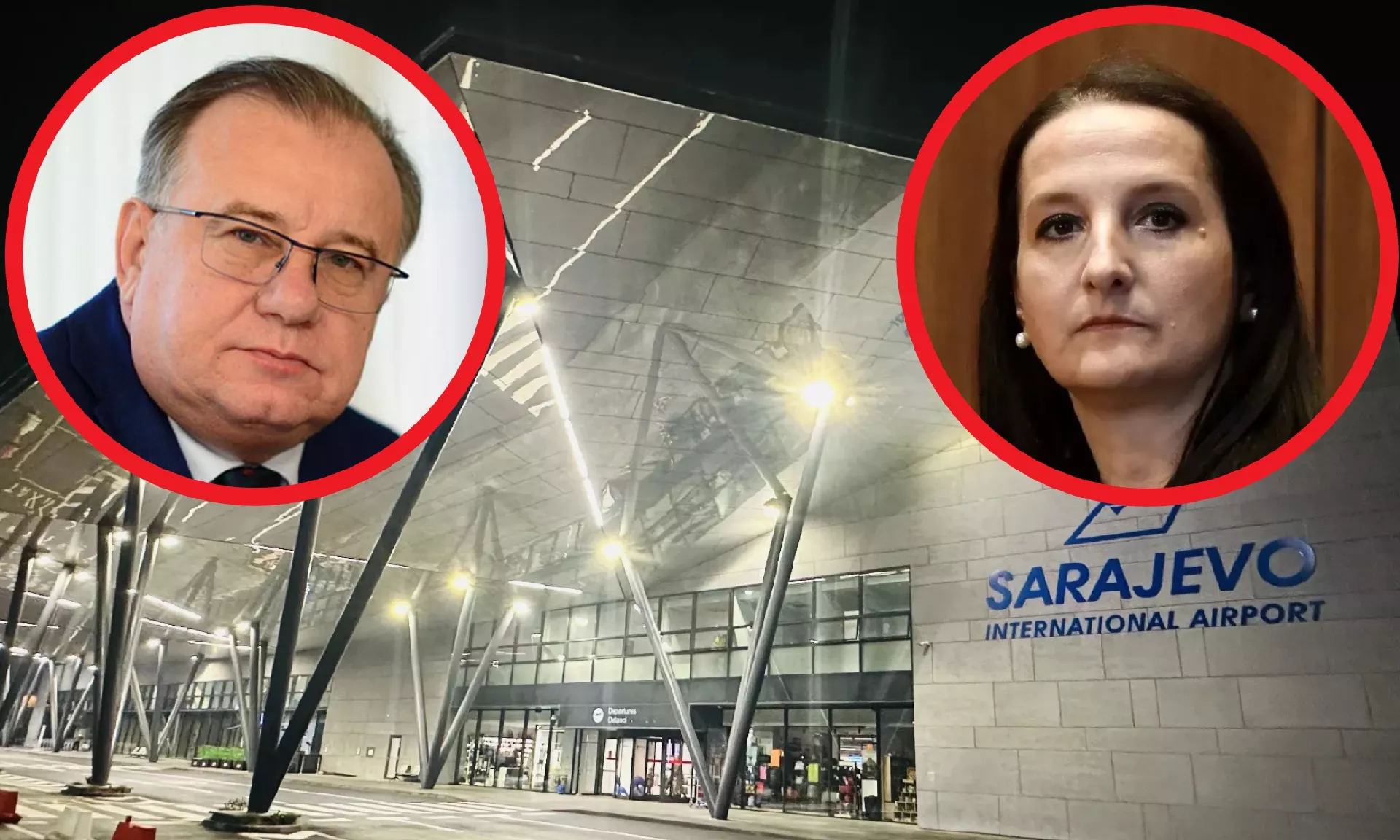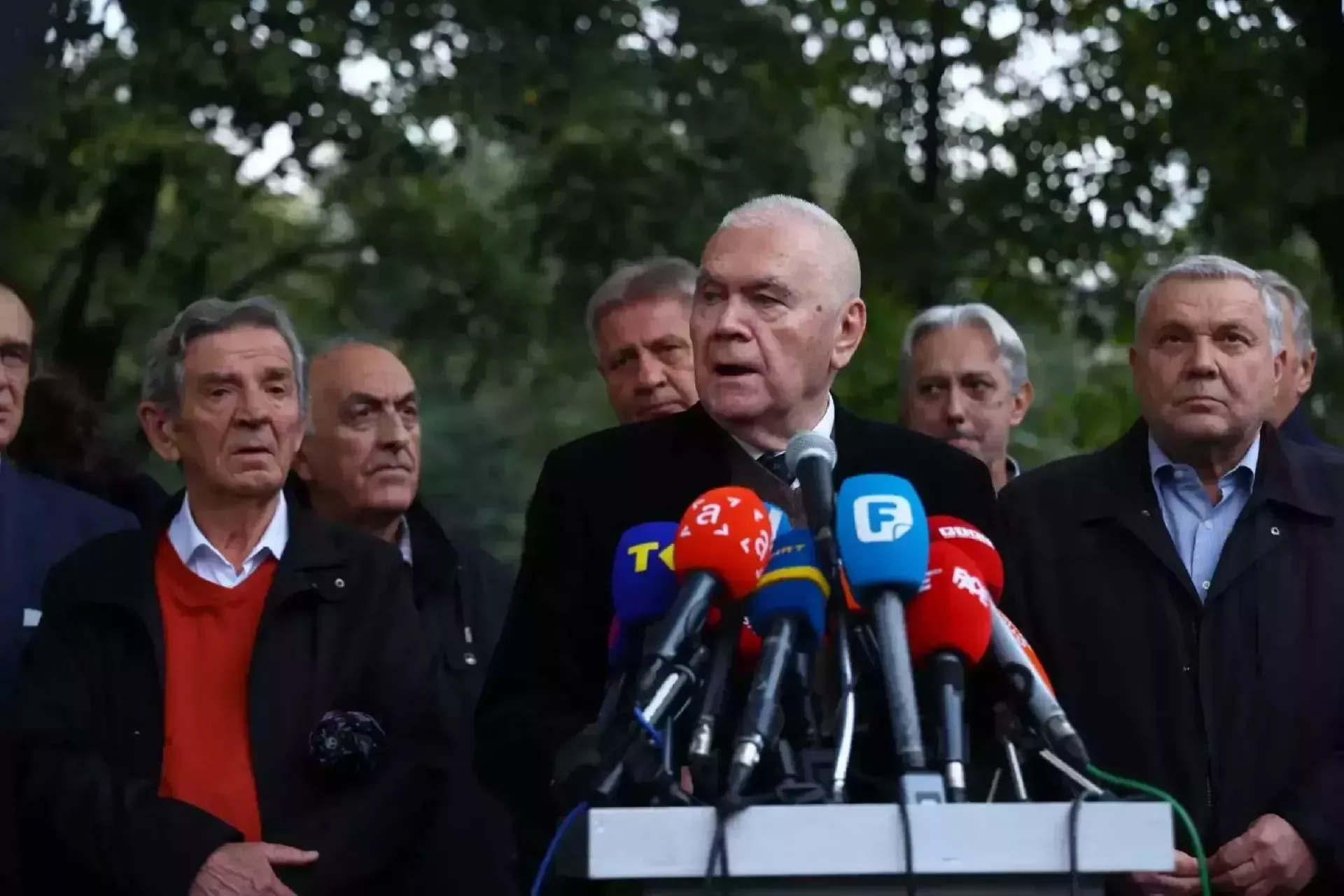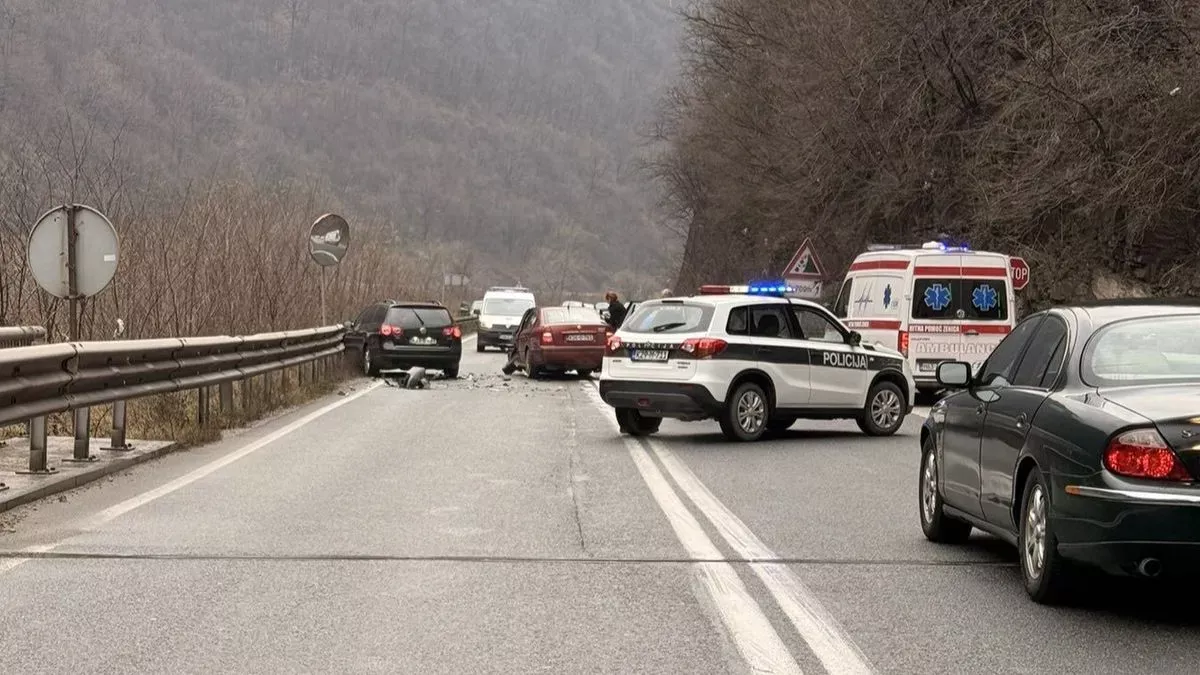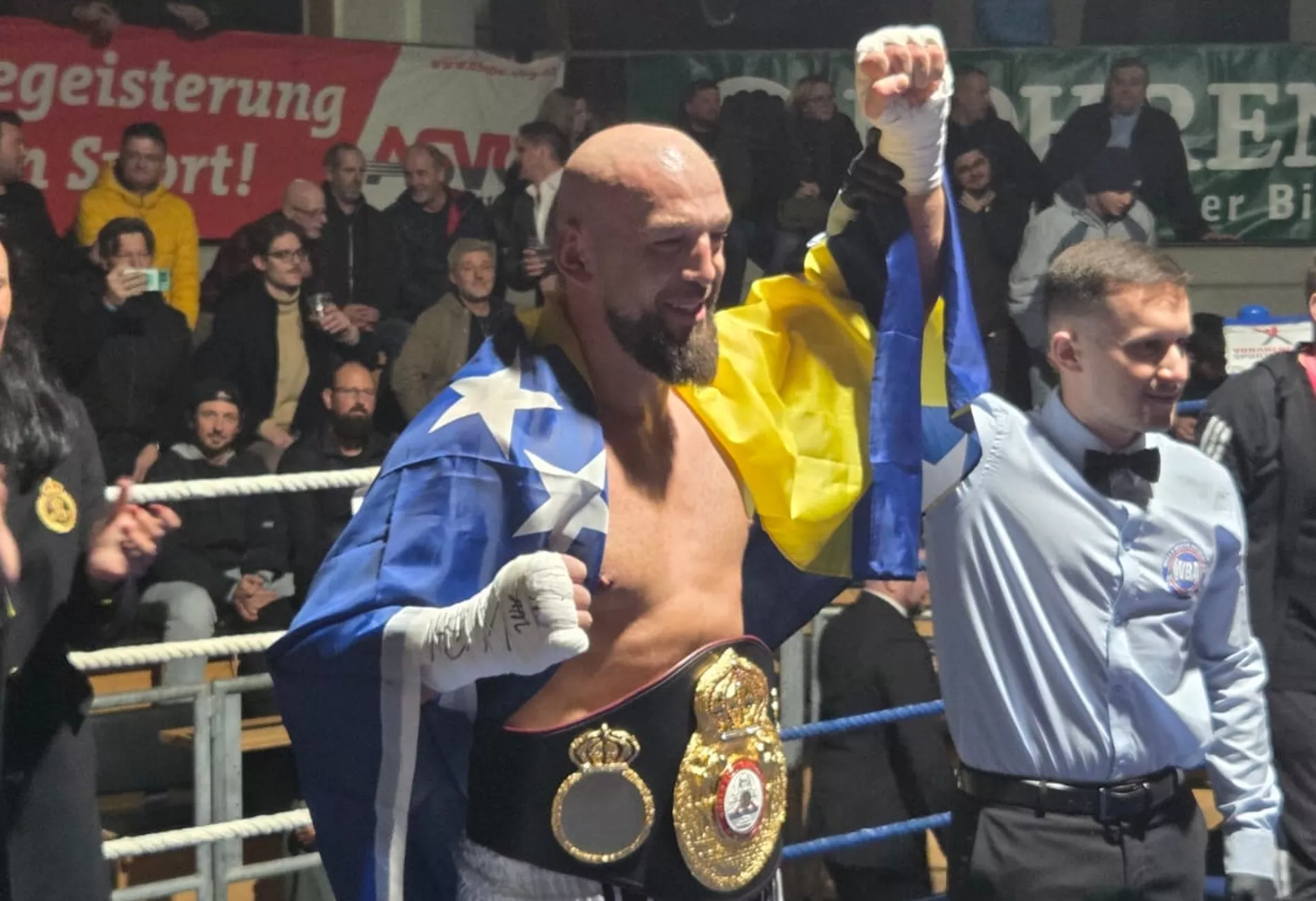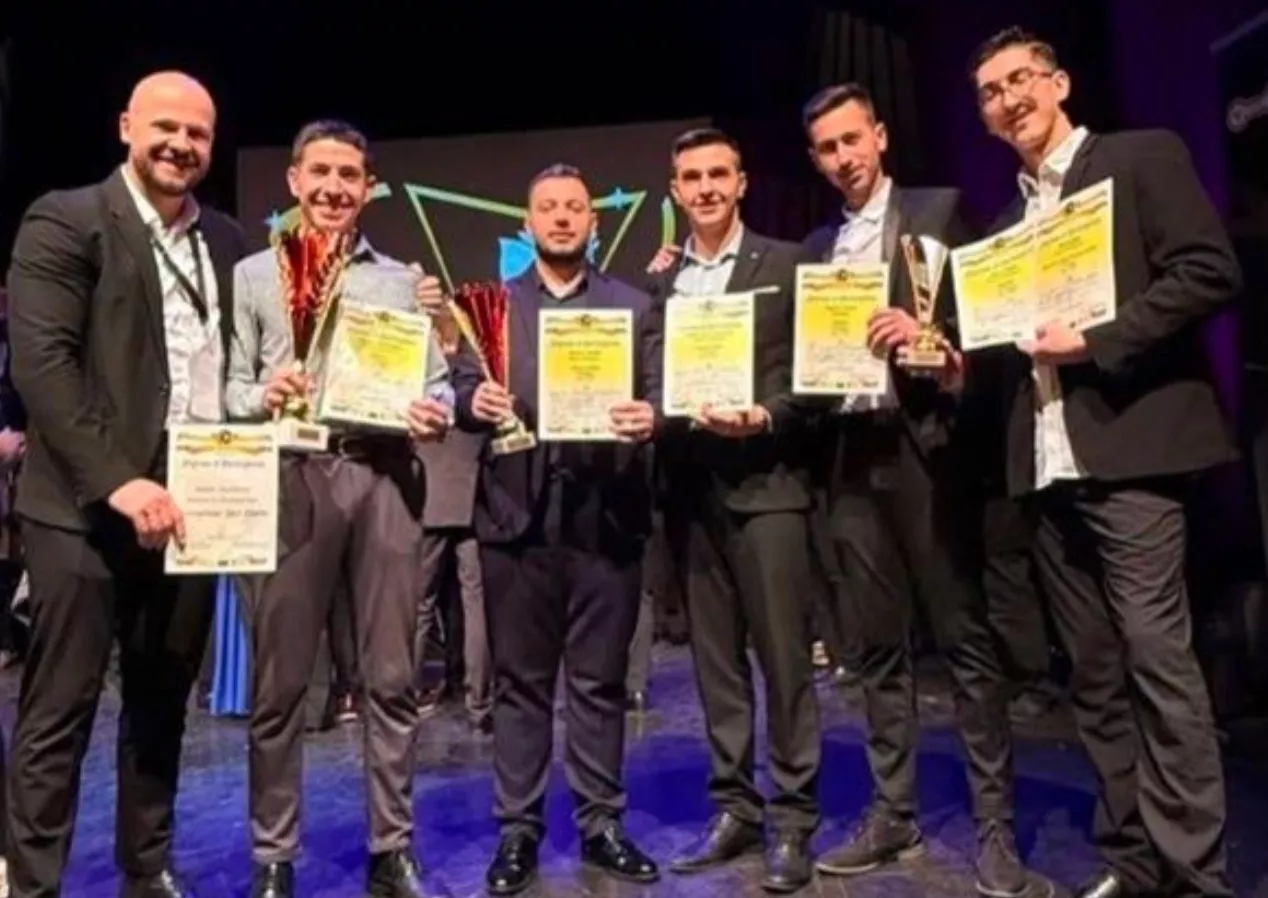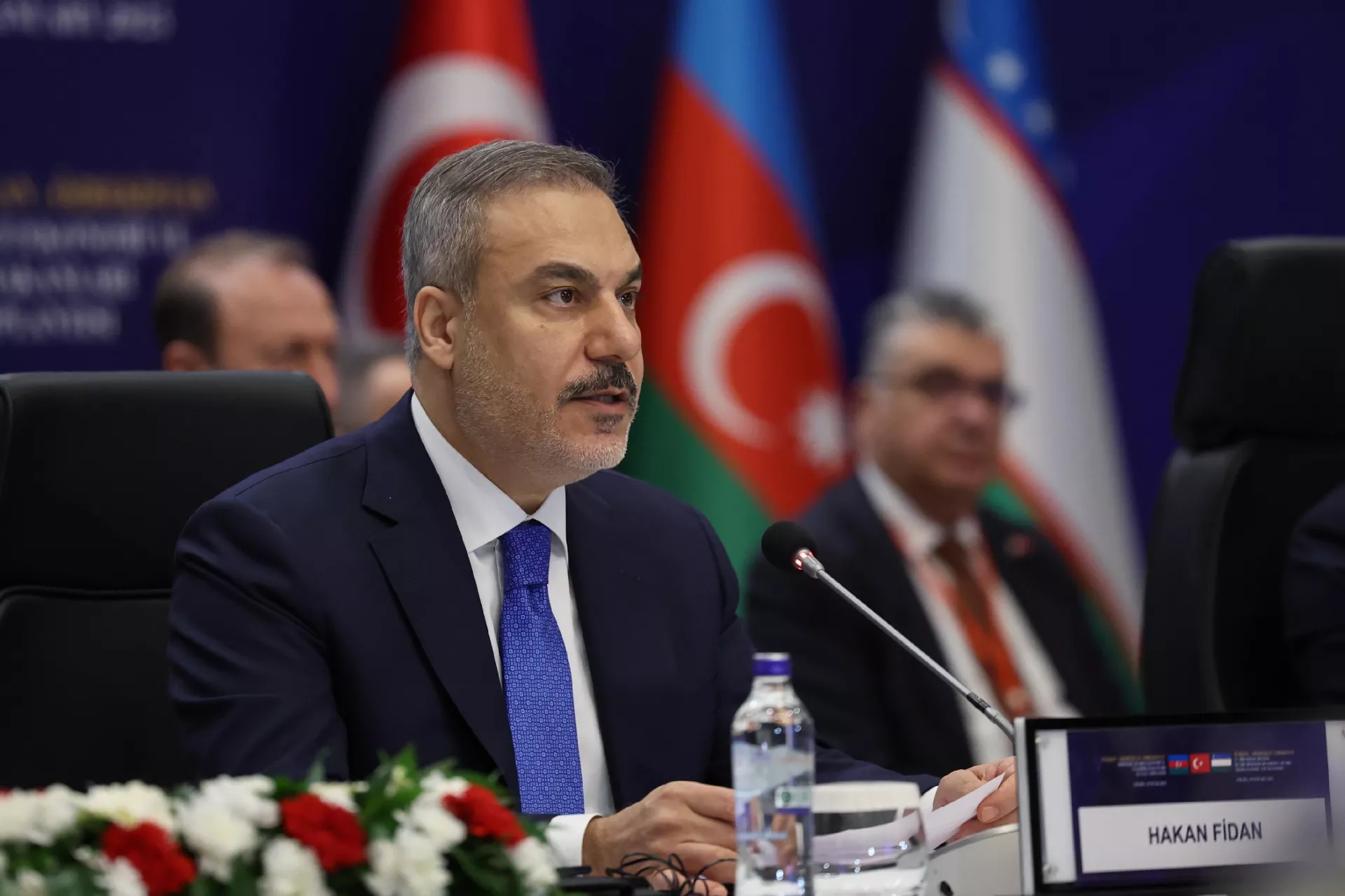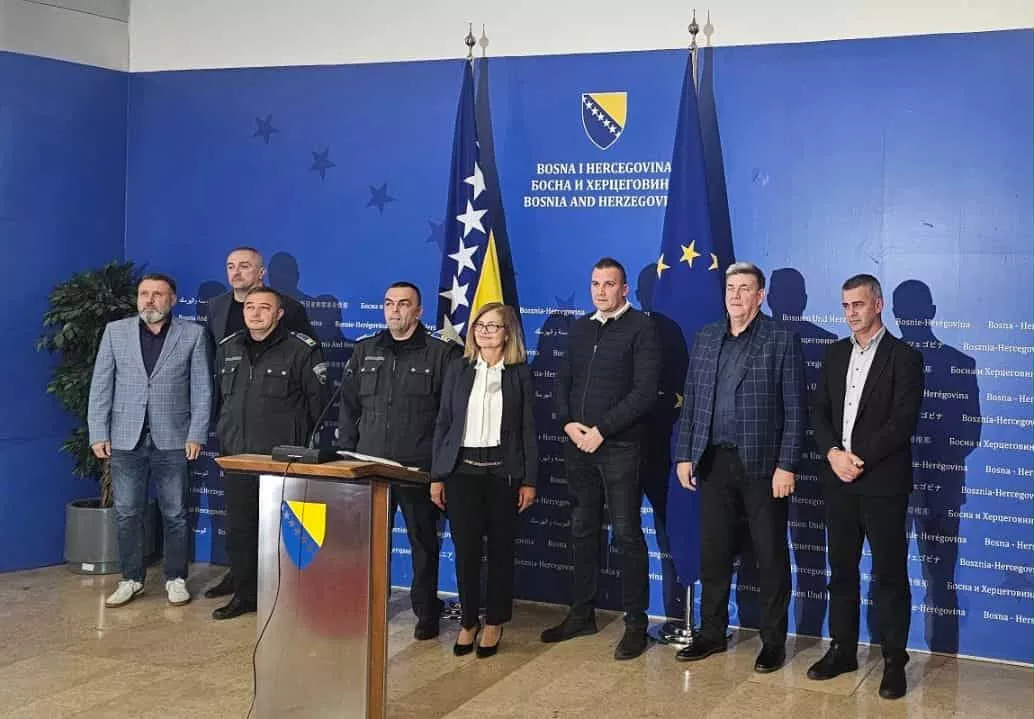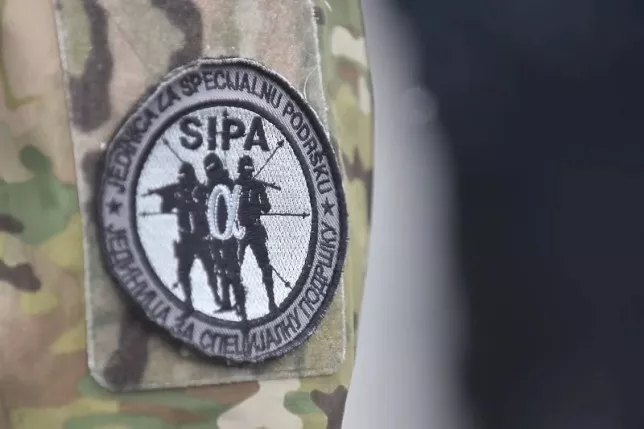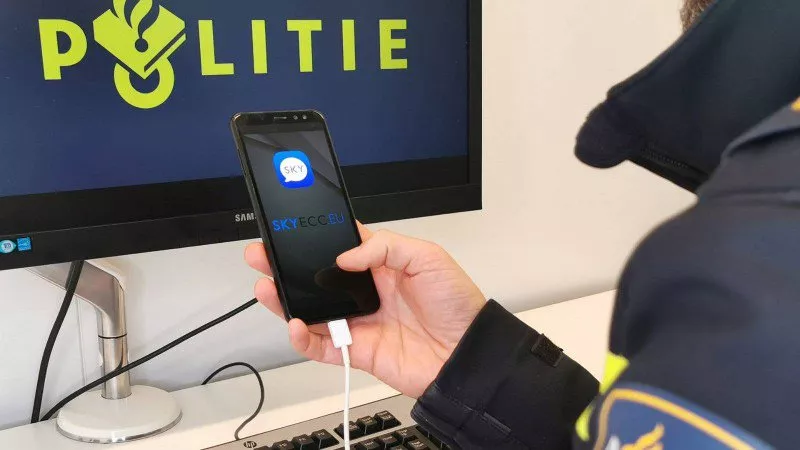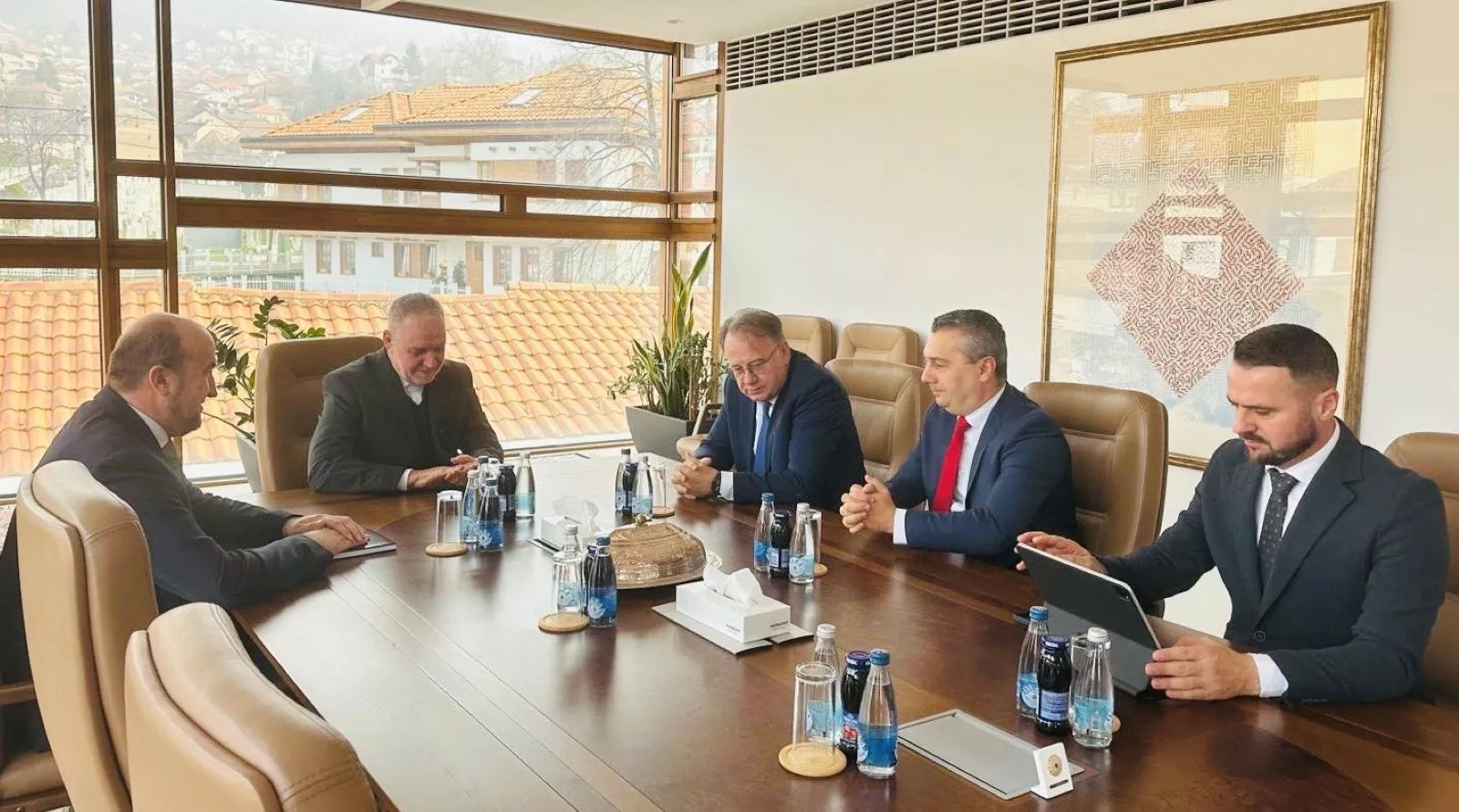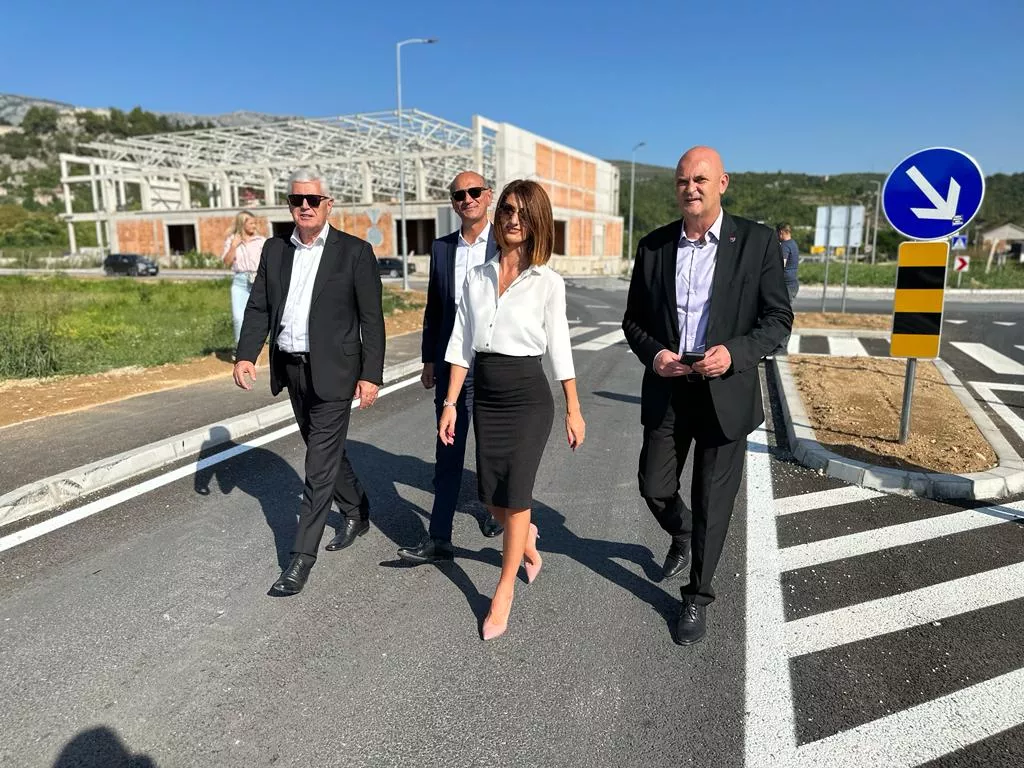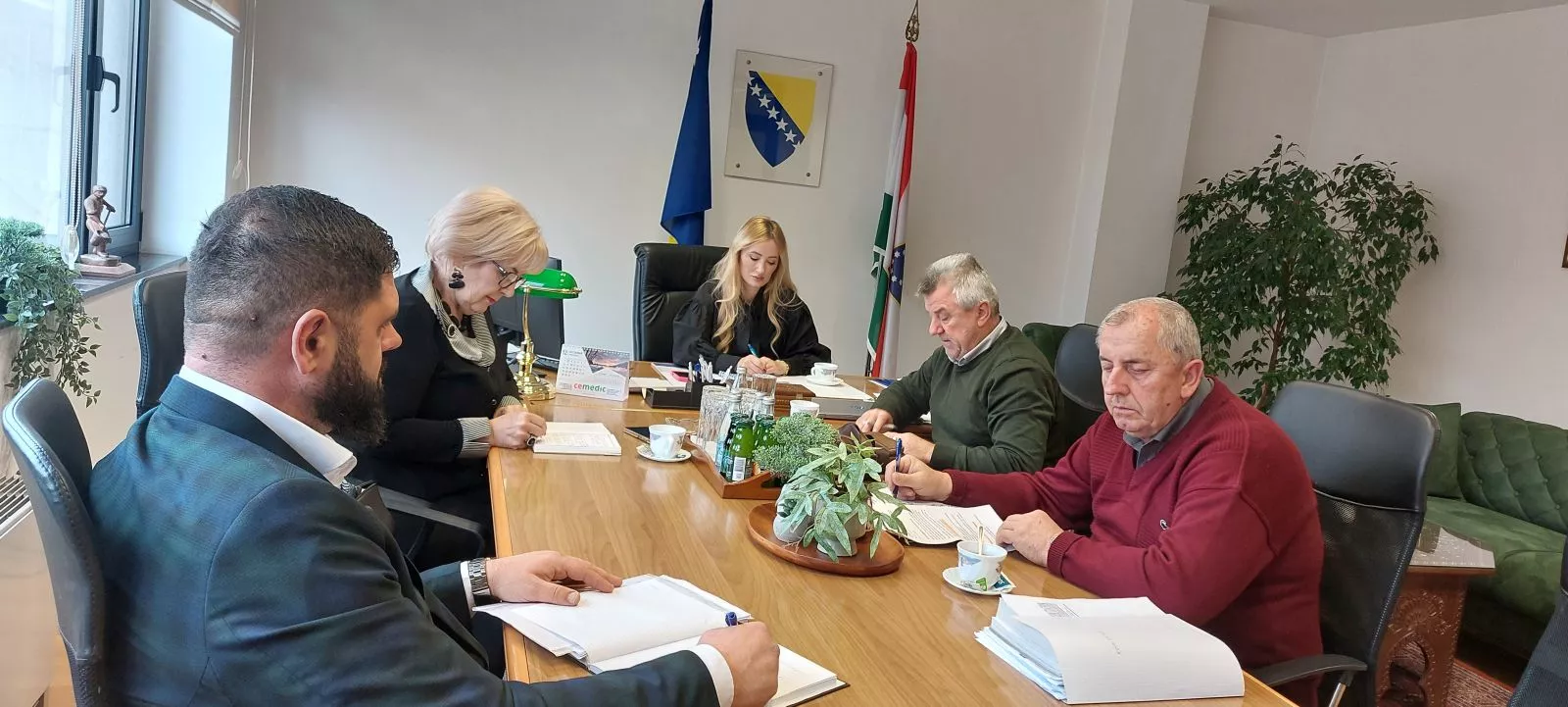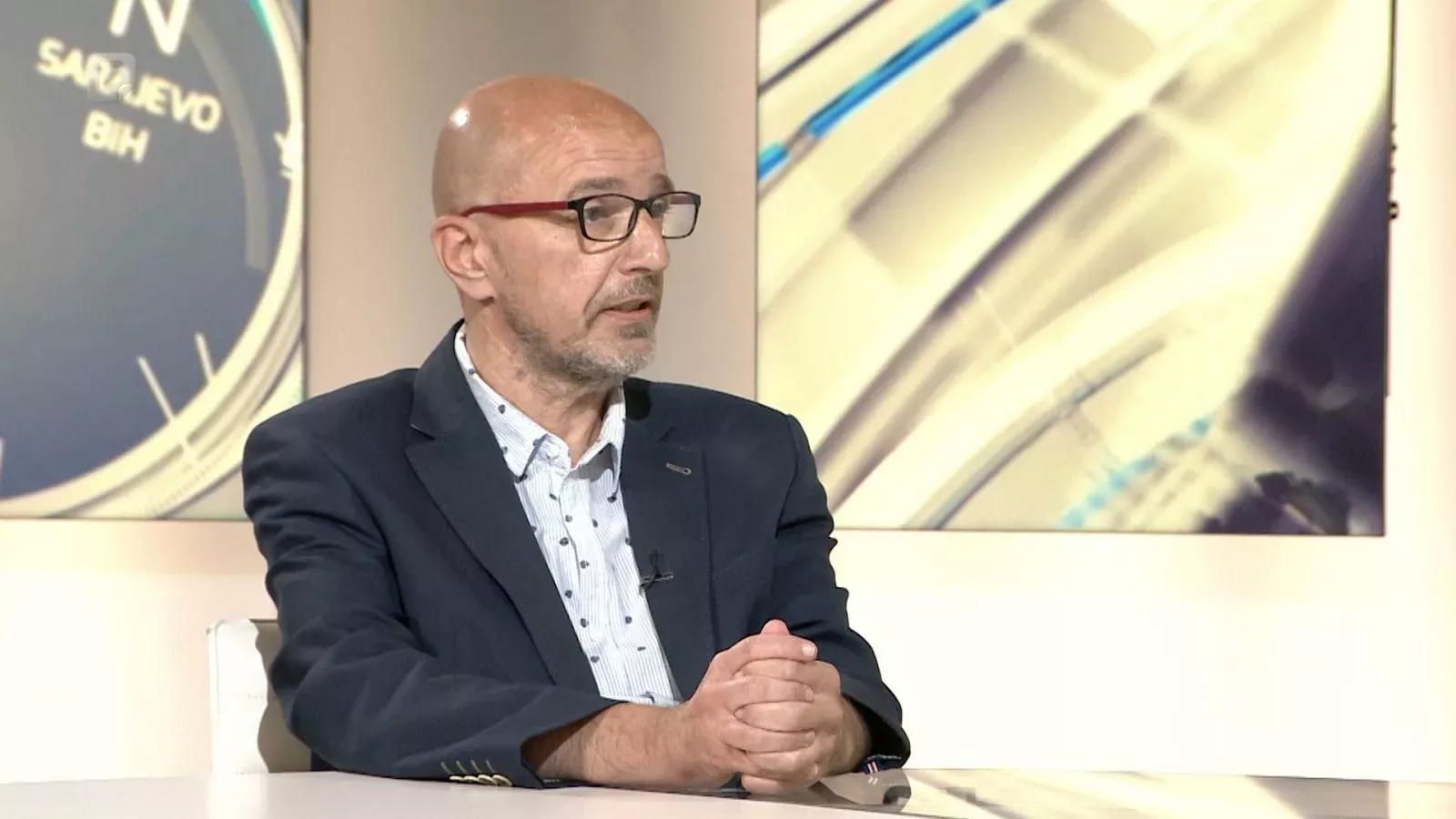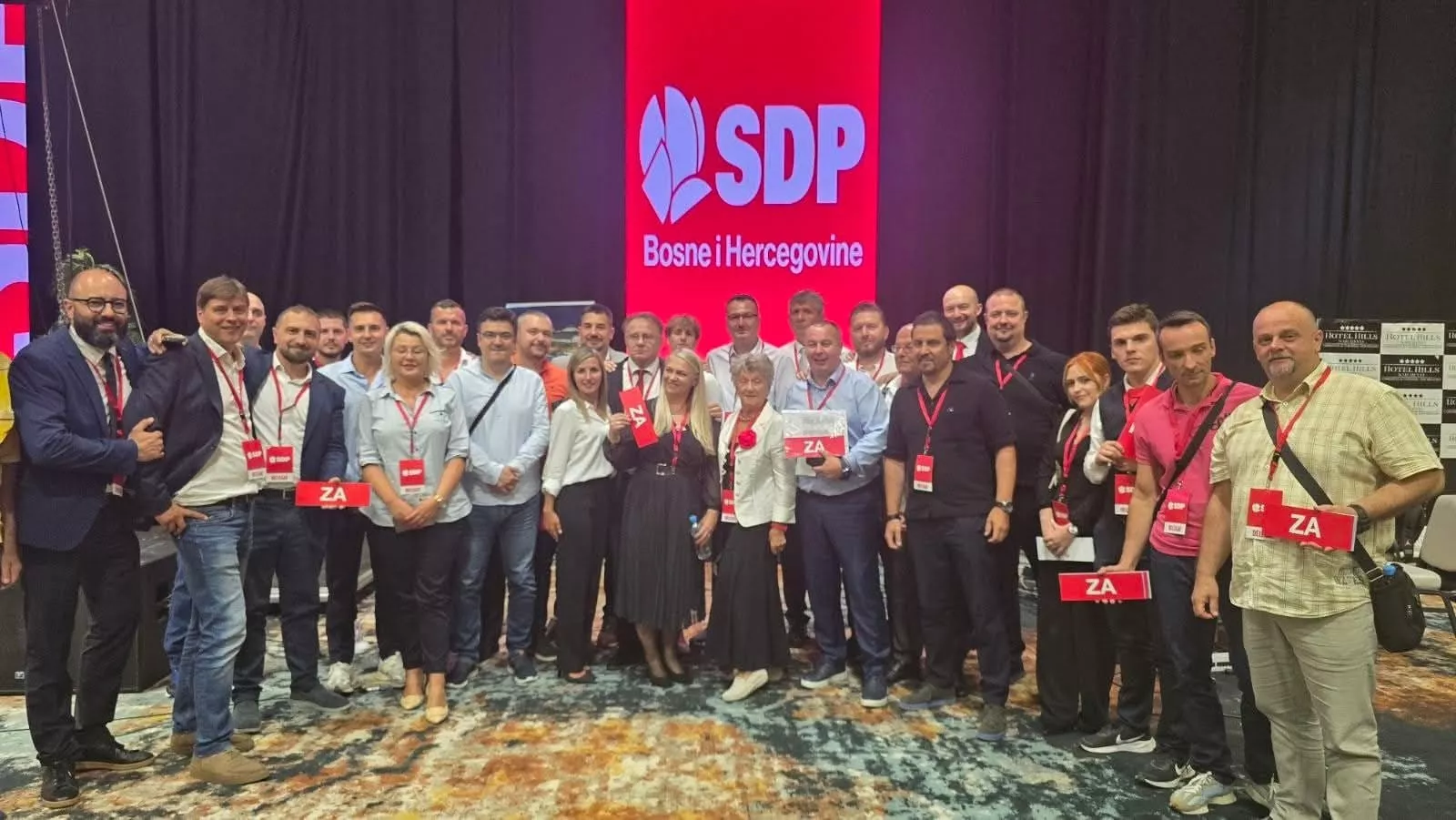

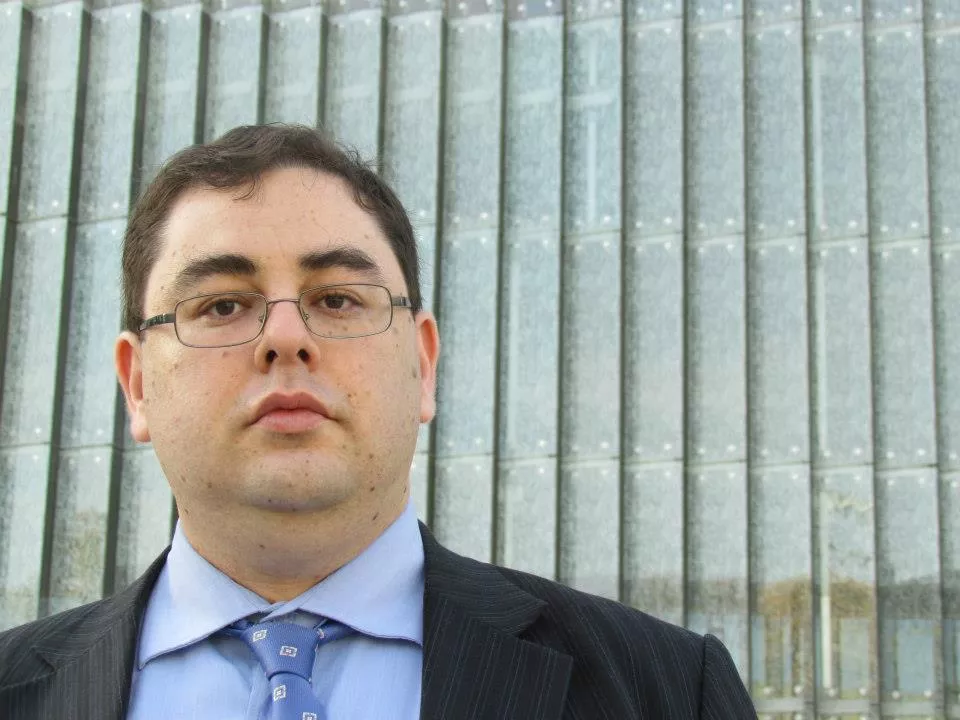
By: Hana Imsirovic, member of European Democratic Youth Network (EDYN) and Advanced Leadership in Politics Institute (ALPI) from Washington DC
As a member of European Democratic Youth Network (EDYN) and Advanced Leadership in Politics Institute (ALPI) I committed to promote the importance of raising awareness about dangers that can arise from online hate speech. I explore opportunities where society and individuals can contribute to alleviation of this issue. The topic is important in Bosnia and Herzegovina where manipulations with ethnic diversity often cause dispersal of hate speech.
It was a great honour to talk to Dr. Andre Oboler. His arrival to Italy from Australia was my chance to suggest online call to avoid inconvenient time difference between Australia and Bosnia and Herzegovina. I was amazed by Dr. Oboler' s friendly attitude and willingness to answer all my questions. An interview was longer than planned. It was a pleasure to hear how Australian society, which is multicultural and vibrant, combats problem of online hate speech.
Andre Oboler is a social media and online public diplomacy expert, CEO of Online Hate Prevention Institute and the consultant on various online projects. Andre Oboler also serves on Australia's delegation to the International Holocaust Remembrance Alliance (IHRA) and is currently working at La Trobe University in Australia as senior lecturer at La Trobe Law School.
Mr. Oboler can you provide more informative insight, for readers of “Patria” from Bosnia and Herzegovina, into what Online Hate Prevention Institute is?
Online Hate Prevention Institute (OHPI) is an Australian charity and our focus is to document the problem of online hate, provide research for decision makers, analyse what we find and provide recommendations for important stakeholders: users, civil society, organizations, platform providers and government. We cover issues of racism, misogyny, Islamophobia, antisemitism, violent extremism and cyberbullying.
What motivated you to tackle an issue of hate speech online?
- I started working in this area when I was studying my PhD. I noticed large amount of hate content which came from the internet. So, I started getting involved in how we can deal with this internet content that is now allowing the hate to be spread around the world. In 2008, I published the paper looking at antisemitism on Facebook and how social media is allowing the content. Because of this paper, it became my focus area.
What is the level of people' s awareness of this issue in Australia? How do they observe an issue of hate speech online?
- It is a high level of awareness now. This has changed, over the last few years. They are much more aware now than they were once. I think this is true everywhere in the world. When I started this work, I had to convince people, first, that there was hate online and secondly that this was a problem. People used to say “Oh, it is just the internet, it does not matter”. Now, there is a lot of coverage in Australia and this creates a lot of public awareness. However, awareness is one thing but doing something about it is something else.
Your last sentence is very interesting. What is the situation in terms of doing something about this issue, apart from your own efforts?
- It is very difficult, even in our own efforts. People see the problem but there is very little funding to support what we do. The attack on two Christchurch mosques that killed 50 Muslims while they were praying was carried out by a person from Australia and it was live streamed on Facebook, with a lot of media attention. This shows how social media was used to encourage people to shoot people. Even after Christchurch, we tried doing crowdfunding to get money to support our work on this problem. Our aim was to raise $ 2, 000, and we only made it to around $ 800. People see the problem and then they want someone else to fix it and to cover the costs of fixing it.
What is the most important achievement of OHPI in your opinion?
- The first achievement is that we established numbers-based reports looking at both antisemitism and Islamophobia. Reports from other organisations, and even our own early reports, had just used examples with no indication of how wide spread the problem was. Our reports that put numbers on the problem were presented at UN Headquarters in New York and one of them was cited in a report by the UN Human Rights Council. This is very high-level recognition of the work. UNSECO reports discussed our work as well. Our reports provide evidence of the problem and provide transparency on how the companies are responding. This is very important because if you do not have full insight into an issue, then you cannot improve it. The second achievement is production of software which is the reason I came to Italy. The software allows us to get this data, in addition to people reporting to the platforms as normal, our software allows the public to report things they see to us as well, which enables better understanding of the problems and tracking of how companies respond. If people responded only to the companies, then only the companies would know about it. Others need to be informed as well, and we have systems for doing this. The third thing is that we also make technical recommendations to the companies. The companies have changed their software based on our recommendations (for example YouTube and Facebook). These changes make it harder for hate to spread and easier for them to remove it.
The software that you mentioned -is that Fight Against Hate tool?
- Yes, it is.
May you describe the process of reporting disputable content?
- Reporting requires someone to copy the URL, the web address of the specific content from either Facebook, YouTube or Twitter. They put this address into the system and then the system gets a copy of this information from the company and then ask the person to put the content in a category, that is, to say what sort of hate it is. At this stage, it is not reported to any specific body. Data is being used for research. We made a tool available so that different organizations can use it to collect data which can also be given to police, government and human rights agencies. This is the plan, to have another tool for doing analysis which is designed for police and Human Rights Commission or government. However, an agreement with different agencies is needed to do this.
In Bosnia and Herzegovina, law frameworks are very good. However, they are not respected.
- This is the same everywhere. The problem can be related to the police. Not senior police, but police in the police station. If someone finds material for reporting, and the police person does not know what the laws are when dealing with it, that is a problem. The perception that hate speech online is real and important is rare. Police are not very familiar with the technology and its use. There are police specialists in this issue, but it does not help if regular policeman does not forward the problem to the specialists.
Would you recommend some form of education for police officers on this issue?
- Yes, they do need education. The reason why we use our software is to gather a lot of data which provides a basis to go to the police and point to the problem, based on evidence. Collection of data makes police's response much easier. Senior police can then put good processes in place.
I am one of the authors of public policy draft on hate speech in B&H named “Hate speech online- new security challenge in B&H” whose specific parts found the way to the working group in the state parliament. Document thoroughly analyses situation and suggests solutions in terms of prevention, suppression and sanction. In terms of prevention we suggested a subject “media literacy” which would inter alia educate young people about proper online expression and about threats of hate speech. What are your thoughts about this?
- Education and digital literacy is very important, but on its own is not enough. What I have seen in other countries is that government decides where the focus will be, what is important and what is not. Digital literacy in schools is popular with governments, but too many see it as the start and end of their response and in itself this is not enough. We have seen problems with senior students that are spreading the hate, and they are the ones that received the education. In my opinion, suppression is the most important. There should be education about hate, in general. Having education on hate in a general sense makes the online sphere just one dimension of the problem. Having National Boards is very important because companies have their own policies and sometimes, they do not work properly, do not recognize the breach of the policy. The way to fix this is to have a Board in the country which will give directions to the company in terms of taking disputable content down. I think that in the future, there will be teams in company tasked with taking down content in every country. Companies cannot operate in just a few countries covering the whole world- they need to be local. This requires infrastructure and having data in the local companies. Local teams are needed both in companies and in civil society. Money must come from the government to fund activities of civil society to work on this problem.
Is it possible to use trends and modern age features for more noble purpose? For example, can Instagram influencers raise awareness of dangers of hate speech?
- The Australian Human Rights Commission has a National Anti-Racism Campaign where companies, sports people and influencers actively participate. Campaign has the slogan “Racism. It stops with me”. My thoughts on this is that it is better than nothing, but it is not so effective. It is setting a baseline that racism is a problem. It needs to go further than that. Just by saying that racism is not good is not enough to make a change. If there exists some content that company do not want to take down, then it is very useful when influencers highlight specific example and pressure companies. Influencers need practical and specific objectives when they use their influence.
Given your rich experience in this area, what would be your recommendation for people who have an interest in combating hate speech online?
- We spent a lot of time and money building the software for monitoring. The approach now is to work with partner organizations who can then make it available in their language, gather data from their country and encourage the public to report what they see. There is a need for civil society institutions to take a lead. Public support is needed to find disputable content. Our platform can be replicated for other countries but it must be translated by an expert. The price of an original version of the software was €62,000 which was too expensive. The new version costs €2,000 per year for the license and this one is much more flexible. The process of replication lasts for two days, but this is just for the system. You must have a project behind it and, ideally, people who will work full time and be paid for that. System is useful when people know about it and when they know how to use it.

